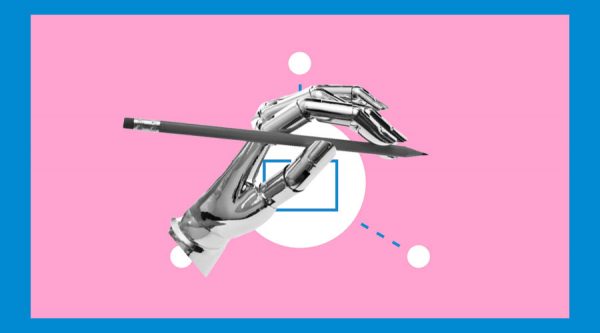Low-dose chest computed tomography (LDCT) is advised for screening adults between the ages of 50 and 80 who have a significant history of smoking or who currently smoke. Lung cancer is the most common cancer to cause mortality in the United States and around the world.
As nonsmokers’ lung cancer rates rise, new approaches are required to screen and properly estimate lung cancer risk across a larger population. Lung cancer screening with LDCT has been demonstrated to cut deaths from lung cancer by up to 24 percent.
Researchers from MIT and Harvard Medical School collaborated to design and test Sybil, an artificial intelligence tool, in a study that was conducted at Massachusetts General Hospital.
The risk of lung cancer for people with or without a significant smoking history was correctly predicted by Sybil using studies of LDCT scans from patients in the U.S. and Taiwan.
According to Lecia Sequist, the HMS Landry Family Professor of Medicine in the Field of Medical Oncology at Mass General, “Lung cancer rates continue to rise among people who have never smoked or who haven’t smoked in years, suggesting that there are many risk factors contributing to lung cancer risk, some of which are currently unknown.”
Sequist, a medical oncologist with expertise in lung cancer and the director of the Center for Innovation in Early Cancer Detection at Mass General, said, “Instead of assessing individual environmental or genetic risk factors, we’ve developed a tool that can use images to look at collective biology and make predictions about cancer risk.”
The U.S. Preventive Services Task Force advises annual LDCTs for smokers over 50 with a history of 20 packs per year who are presently smoking or have quit within the last 15 years. However, fewer than 10% of eligible patients get screened each year.
Sequist and colleagues at the Mass General Cancer Center collaborated with researchers from the Jameel Clinic at MIT to assist increase the effectiveness of lung cancer screening and offer personalised assessments.
The researchers created Sybil, a deep-learning model that analyses scans and forecasts lung cancer risk for the following one to six years, using data from the National Lung Screening Trial (NLST).
Co-author Florian Fintelmann, an associate professor of radiology at Mass General and the HMS, explained that Sybil only needs one LDCT and is not dependent on clinical information or radiologist annotations.
Point-of-care clinical decision support is made possible by the fact that it was created to operate in real time in the background of a typical radiography reading station, according to the speaker.
several sets of data
A set of scans from more than 6,000 NLST participants that Sybil had never seen before, 8,821 LDCTs from Mass General, and 12,280 LDCTs from Chang Gung Memorial Hospital in Taiwan were used by the team to authenticate Sybil.
People with various smoking histories, including some who had never smoked, were included in the latter batch of scans.
Across these sets, Sybil was able to correctly forecast the risk of lung cancer. Area under the curve (AUC), which measures how well a test can distinguish between sick and normal samples and in which 1.0 is a perfect result, was used by the researchers to assess Sybil’s accuracy.
With AUCs of 0.92 for the extra NLST participants, 0.86 for the Mass General data set, and 0.94 for the Taiwanese data set, Sybil accurately predicted cancer within a year.
With AUCs of 0.75, 0.81, and 0.80 for each of the three data sets, the algorithm accurately predicted lung cancer within six years.
According to co-author and faculty lead at the Jameel Clinic Regina Barzilay, a member of the Koch Institute for Integrative Cancer Research, “Sybil can look at an image and forecast the likelihood of a patient having lung cancer within six years.”
The translational initiatives being spearheaded by the MGH team, which seek to alter patient outcomes for those who might otherwise develop severe disease, excite Barzilay, she said.
The researchers pointed out that this was a retrospective study and that Sybil needed to be validated by prospective studies that followed patients in the future.
Furthermore, the study’s U.S. participants were overwhelmingly white (92 percent), thus additional research will be required to determine whether Sybil can accurately predict lung cancer in populations other than white people.
A prospective clinical trial will be launched by Sequist and associates to evaluate Sybil in the real world and see how it enhances radiologists’ work. Additionally, the code is openly accessible.
According to Sequist, “Sybil was able to identify patterns of risk from the LDCT in our analysis that were not obvious to the human eye.” We’re eager to put this tool through more testing to see if it can add data that aids radiologists in diagnosis and leads us toward individualised screening for patients.









